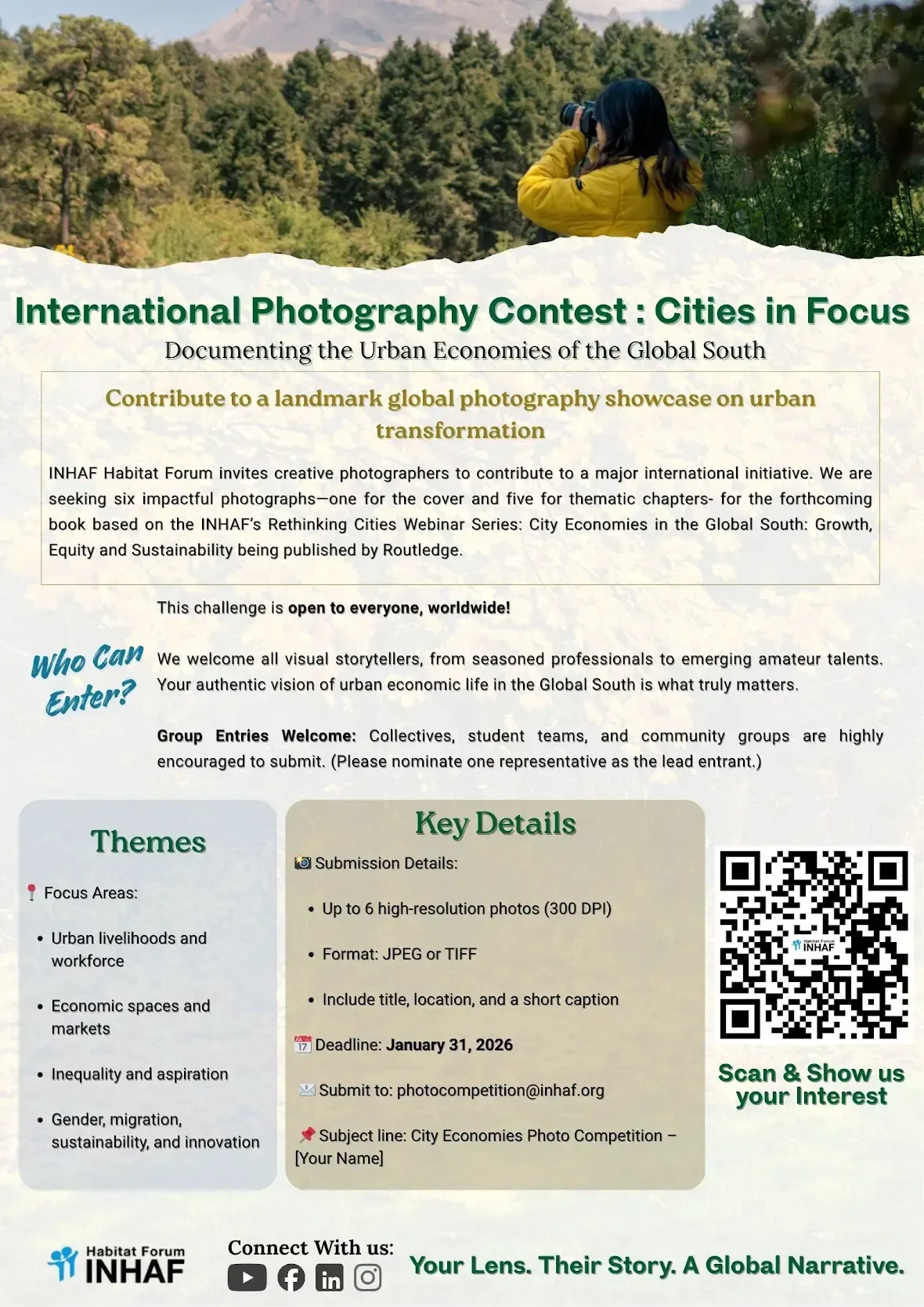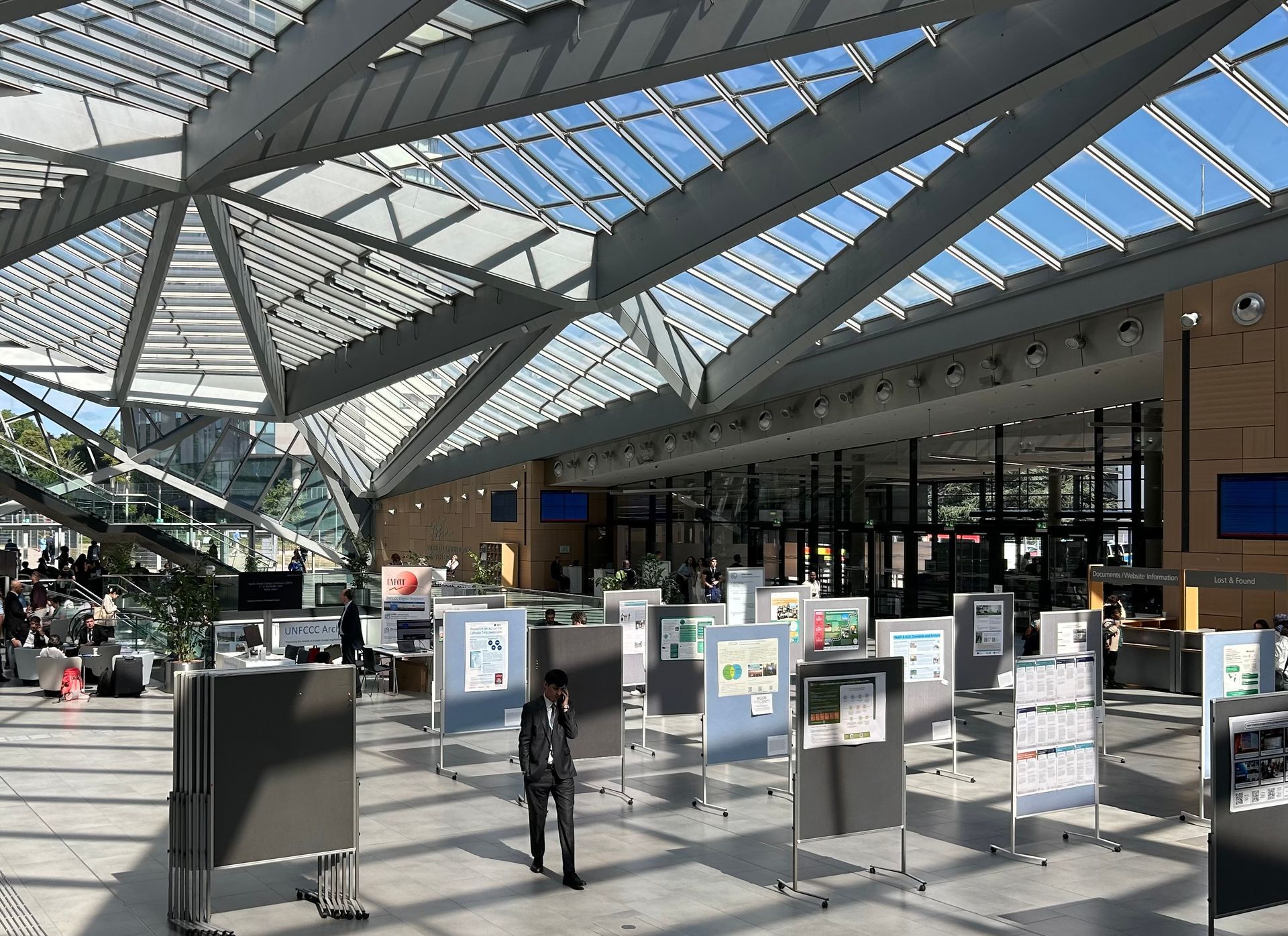Sustainable Germany (10): Dresden as a champion of the Local Agenda 21 in a beautiful landscape but politically challenging environment
Dresden is one of the few cities in Germany and the world where city administration and citizens are committed over thirty years to their local agenda for sustainable development. This is even more remarkable because Saxony, the region of which Dresden is the capital, is also the home of many nationalists and right-wing populists. Their main political party, the Alternative for Germany (AFD) gained 25 per cent of the votes during the German general election of September 2021. But that also means that 75 per cent stood up against right-wing populism. What Sustainable Germany looks like in this local environment is subject of this blog post.

Local Agenda 21 Initiatives were called for at the UN Conference in Rio in 1992
The slogan ‘think globally, act locally’ became popular in the 1970s. It urged people to consider the entire planet while taking action in their own local environment. The slogan was picked up and further developed at the UN Conference on Environment and Development in Rio de Janeiro, Brazil, in June 1992 (UN, 1993). Agenda 21, a principal outcome of the conference and an action plan to implement the Rio declaration, might be best known for its 5000 Local Agenda 21 initiatives which were launched around the world in the years following the conference. Nonetheless, Agenda 21 had a global partnership approach and encompassed all aspects of policy-making. It called to strengthen people’s participation and responsibility at the local and other levels. The role of Major Groups of stakeholders including women, young people, indigenous people, local authorities and academia should be enhanced so that all aspects of policy-making can benefit from the wealth of experience of local, national and international non-governmental organizations (NGOs) (UN, 1993, p. 171). Therefore, Agenda 21 was not limited to a call for local action, but also called for international engagement of local authorities and other stakeholders as part of the global partnership. Many of the initiatives disappeared, others changed their name and structure but continue pursuing a local agenda for sustainable development. Only a few continuously work as Local Agenda. It is unclear why member states in 2015 didn’t link the adoption of the 2030 Agenda for Sustainable Development with a similar or even stronger call for local action.
Ulrich Graute (2016): Local Authorities Acting Globally for Sustainable Development, Regional Studies, 50:11, 1931-1942, DOI: 10.1080/00343404.2016.1161740
The Local Agenda 21 in Dresden
“The diversity of life on our planet is an indispensable basis for human existence, well-being, and economic activity,” says Dresden’s Deputy Mayor and board member of the Logal Agenda 21, Eva Jähnigen, at the 75th Anniversary of the UN.
Like not many other big cities, Dresden is embedded in a richly structured environment along the river Elbe in Saxony. The meeting of different geological formations has produced a variety of landscape characteristics. The people of Dresden have been looking for centuries to integrate the structural development harmoniously and to preserve the richness of this special natural environment.
Environmental groups have a long tradition in Saxony and eastern Germany. Some of them go back to the times of the socialist German Democratic Republic and their call against environmental pollution was prominent and contributed to the peaceful revolution in 1989. After the unification local initiatives got new inspiration e.g. through the Conference in Rio in 1992 and Local Agenda 21 initiatives mushroomed across Germany.
The Dresden Local Agenda 21 began as a more informal process and became officially registered in 1998 as ‘Lokale Agenda 21 für Dresden e.V.’. Its board includes early activist like Klaus Gaber but also Eva Jähnigen as current Deputy Mayor and Environmental Mayor of Dresden. Other board members include representatives of municipal companies, environment and culture initiatives. This composition underscores the action-oriented approach of the initiative. Well, the staff of the initiative could to be a bit more gender balanced. There is currently not a single man working in the team!
Main topics of the Dresden initiative are:
· Sustainable business
· Sustainable and regional nutrition and consumption and procurement
· Sustainable culture and tourism
· Sustainable mobility
Projects in these fields are closely linked to the 17 Sustainable Development Goals SDG of the United Nations and they are always locally anchored.
In addition, the Initiative is engaged e.g. in the following political cooperation and networking projects:
- Update of the integrated Energy and Climate Concept Dresden 2030
- Future Strategy for the Inner City of Dresden
- Dresden Mobility Plan 2035+
- Environmental Commission of Dresden Technical University
- Sustainability Strategy Saxony
For more detailed information in German language please visit the website of the Local Agenda:
Interactive Mindmap Sustainable Dresden
One of the most interesting outcomes of the Initiative is the mind map of projects and enterprises working on sustainability in Dresden. Compiled in a Whiteboarding Programme (Miro) it provides links to projects and businesses in relation to the 17 SDGs.

Source: Mindmap Nachhaltiges Dresden. Interaktive Informationsgrafik der Lokalen Agenda Dresden
https://la-dresden.de/mindmap-nachhaltiges-dresden/
… and how does all that go along with all those nationalists and populists in politics
I have visited Dresden shortly after the general elections about a week ago. I met many friends and colleagues e.g. at the Leibniz Institute of Ecological Urban and Regional Development (IÖR, www.ioer.de), a main research hub in the field of spatial science and sustainable transformation. Friends and colleagues are concerned but calm. The good thing is that the situation has sharpened everybody’s eye. I was impressed about the clear and informed analyze of the situation. We had intensive discussions but also enjoyed the time together. Everybody is aware about what needs to be done. And, of course, they are looking to Berlin to see if the new government in the making will agree on a strong climate and sustainability plan.
Policies and Governance for Resilient and Sustainable Cities and Regions









